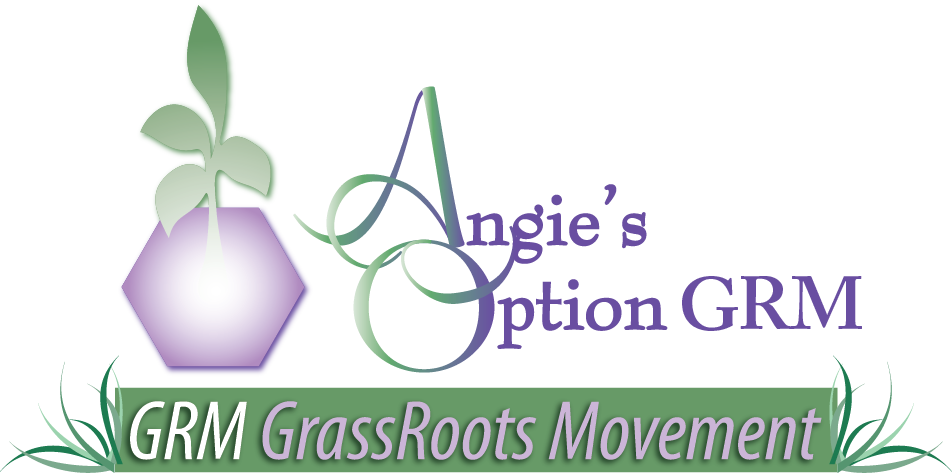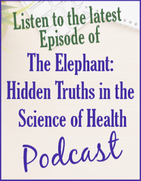Larry A. Law
Phytoestrogens versus Xenoestrogens
Phytoestrogens are estrogens from plants. They are classified as polyphenols, flavonoids and isoflavones. Xenoestrogens are made entirely from synthetic chemicals and are in solvents, plasticizers and flame retardants. Definitely avoid xenoestrogens. Plant-based phytoestrogens can sometimes act like estrogen in the body, but at other times they actually block the effects of estrogen.
How Can They Both Promote Estrogen and Block It?
Phytoestrogens are found in soy, legumes, sprouted foods, nuts and seeds, whole grains, garlic and onions, winter squash, cruciferous vegetables, leafy greens and fruit (fresh and dried). How could something that is in so many foods be that bad for you? Phytoestrogens are structurally very similar to estradiol which is the main form of estrogen in the body. So, they can bind to estrogen glycoprotein receptors on the cells which gives them the ability to increase or block estrogen activity. But plant phytoestrogen is much weaker than true estrogen. It is about 1,000 times weaker or less potent than the estrogen the body makes. Because of this ability to bind to the receptor, phytoestrogen can block true estrogen and thus prevent estrogen from exerting its effects. So, this is how phytoestrogens actually oppose or lessen the effects of estrogen on the cells--and that can be very positive. This was something scientists missed in their earlier analysis. A study in 2014 found that soy lowered the risk of breast cancer in both pre- and postmenopausal women. This study baffled scientists who thought soy would always increase estrogen effects.
Benefits of Phytoestrogens
Robbins points out in his article that phytoestrogens have now been shown to lower the risk of cardiovascular disease and breast cancer. Dr. Kristi Funk, author of Breasts: The Owner's Manual, concluded, "Not only is soy safe, it literally drops breast cancer rates by 60% for soy consumers. And if you have breast cancer, it drops recurrence by 60%." Studies show that soy isoflavones (phytoestrogens) are protective against breast cancer because they attach to the estrogen B cells, blocking the A cells that cause cancer. In addition, phytoestrogens relieve menopause symptoms, help facilitate weight management, improve skin health, cognitive function and immune system support.
Increasing or Decreasing Phytoestrogens in Food
It turns out you can adjust the level of phytoestrogens in your food according to your desire. Fermenting soy can significantly reduce the levels of phytoestrogens. Prolonged cooking, simmering, or soaking will also reduce levels. Steaming results in less phytoestrogen loss than boiling or frying. But remember that a healthy gut will play a key role in the bioavailability of phytoestrogens. For more details on overturning this false belief about phytoestrogens, see Ocean Robbin's exceptional article. It's time to include soy once again in your balanced, healthy diet, but make sure it is non-GMO and organic for the best possible benefit with no negative side-effects.
2 Comments
1/13/2023 08:30:49 am
Are there any procedures or dosages for foods that contain phytoestrogens that can be consumed?
Reply
Larry Law
1/13/2023 10:17:43 pm
The link to the article by Ocean Robbins in the first line of the blog will be the best help for this question. He is an expert and goes into quite a bit of detail about phytoestrogens in foods that we consume.
Reply
Leave a Reply. |
BlogArchives
July 2024
Categories
All
|
© Angie's Option GRM. All rights reserved.


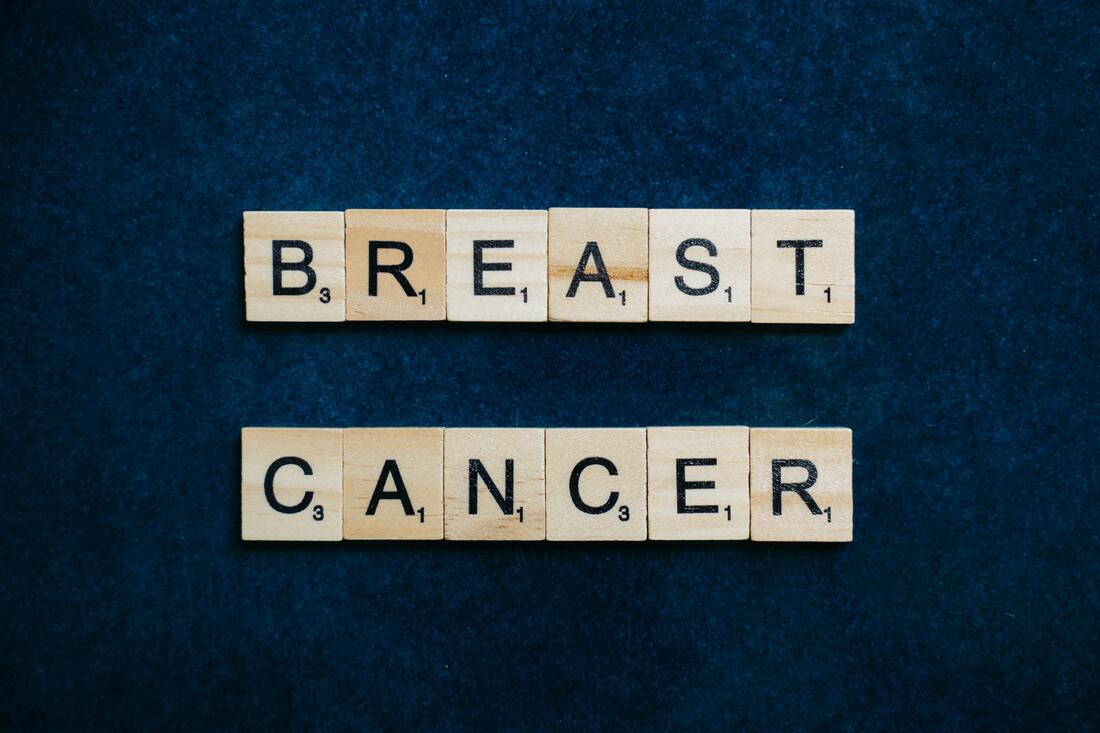

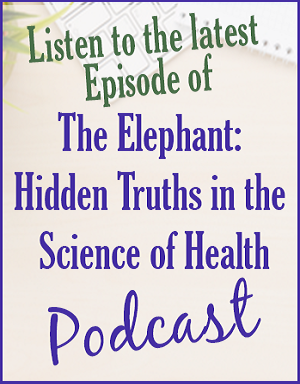

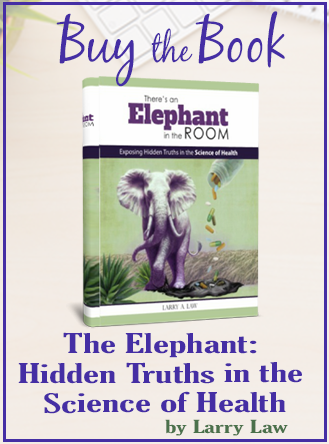
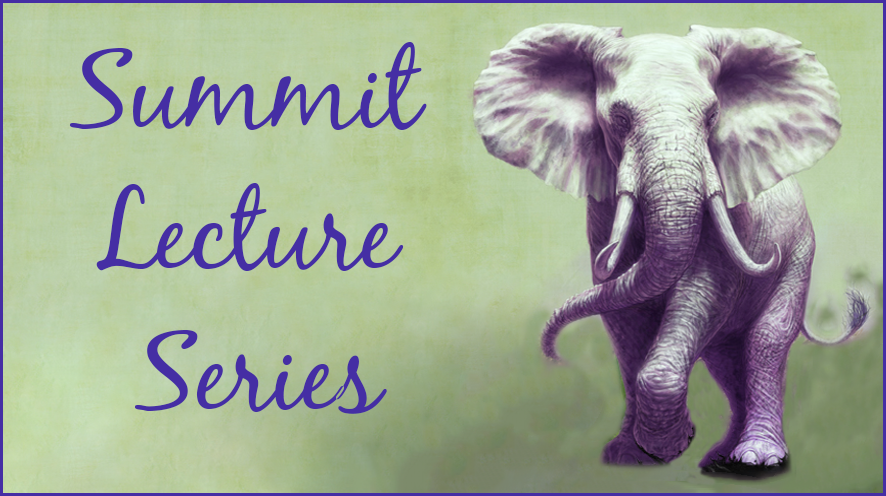
 RSS Feed
RSS Feed
